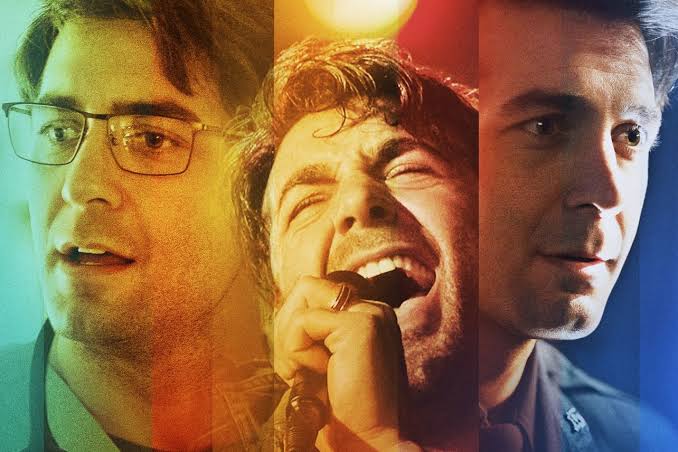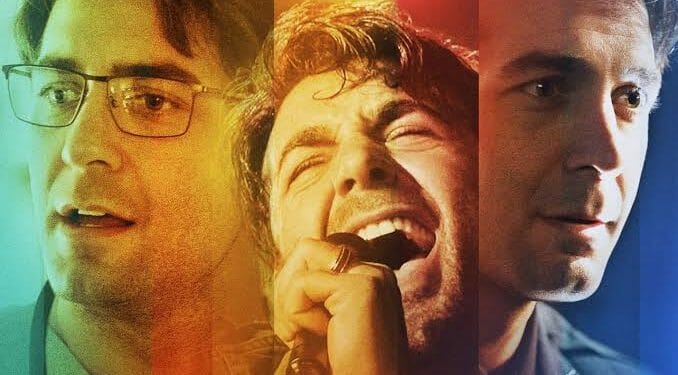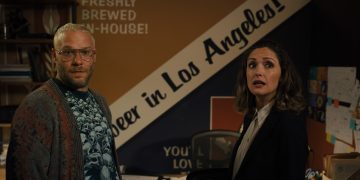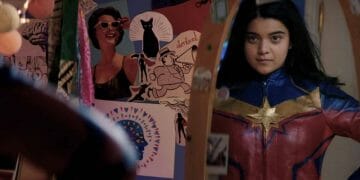The show called “Ordinary Joe” on NBC has to be either the most or least enticing idea ever devised for a TV show for the chronically indecisive. Perhaps, the hour-long play suggests that a seemingly insignificant decision like having dinner on a given night can have far-reaching consequences.
On the other hand, it implies that there are no absolute right or wrong choices and that, in any event, the fates always seem to return to the same people, storylines, and concerns about the job, romance, and children, as well as poignant themes about the beauty and unpredictability of life.
It’s difficult to determine where any of this is going in the long run based on the first two episodes that were sent to critics for review. For the time being, though, the series finds itself in the sweet spot of being just out-there enough to pique interest while also being familiar enough to qualify as comfort viewing.
Table of Contents
ToggleWhat is Ordinary Joe All About?
Joe Kimbreau, the character played by James Wolk, is the regular Joe off the series, who is seen graduating from college in the 1st episode itself and is faced with three options for how to spend the remainder of his day. He may ask Amy, the character who is being portrayed by Natalie Martinez, a charming student he just met, out on a date; he can go to the beach with Jenny, played by Elizabeth Lail, his best friend with benefits.

He can also celebrate with his family, which includes his police officer, uncle Frank, played by David Warshofsky. A rational individual in the real world would point out that one person can complete all three tasks in one evening. Ordinary Joe follows TV logic; therefore, the chronology splits into three parallel routes, each leading to three dramatically different but equally TV-friendly occupations for Joe.
Stream or Skip Ordinary Joe?
The series did an admirable job of equalizing sympathy and interest across the first two episodes, as we saw that not even the glamourous life of a rock star seems to outweigh the more abandoned problems that Joe faces, such as the tug-of-war between family and career. However, the show is yet to provide the same mechanism level to its other characters, who have so far been depicted as simply props in Joe’s adventures rather than individuals in charge of their own.
Their degrees of satisfaction and career success appear to be fully driven by his decision a decade ago. However, the series is still in its early stages, and there are a variety of directions Ordinary Joe could take from here, some toward clumsy plotting or an excess of emotionalism, others toward ambitious plotlines that get to something significant about destiny along with free will, along with many more that fall somewhere in the middle of some strong indications that ultimately lose their way.

However, the portion of the fun for watching “Ordinary Joe” is not realizing how all three of his alternatives play out, or even an exemption, that not even Joe himself is afforded because Joe is stuck on the way that he chose, part of the fun of watching it is not knowing what happens next and deciding to stay and find out.






